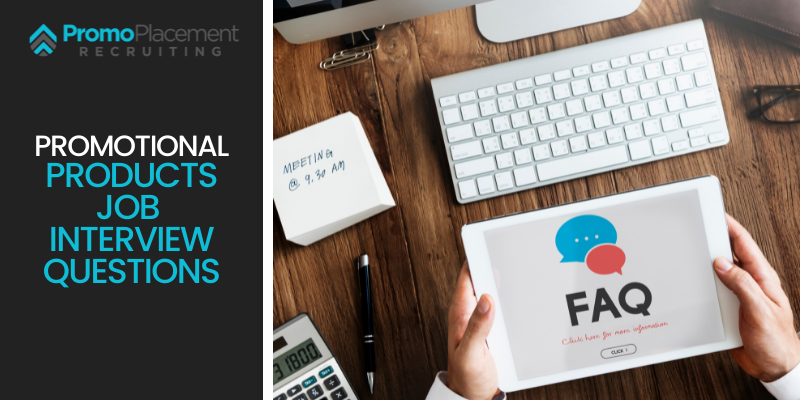Most job interviews are a challenging experience for everyone involved.
The candidate is nervous and on edge. Most candidates’ greatest fear about a job interview is that they’ll be open and honest, their best selves will shine through, and they still won’t get the job. To hedge against this, most rehearse their answers to standard interview questions. At best, this process results in stiff, inauthentic answers; at worst, some answers are flat-out lies.
The success or failure of most job interviews depends on how much the interviewer prepared ahead of time. The biggest mistake a hiring manager can make is to come unprepared and simply take a candidate’s answers at face value. We all know that talk is cheap, and it’s up to you, the interviewer, to get to the truth.
Canned Responses and A Wasted Hour
Here are 5 very common traditional interview questions that you’ve probably asked or been asked many times.
- “What are your greatest strengths or weaknesses?”
- “What did you enjoy most/least about your last position?”
- “Describe the best boss you’ve ever had.”
- “Where do you want to be in 5 years?”
- “How would your coworkers or supervisor describe you?”
9 out of 10 times, these questions get you absolutely nowhere. You’ll learn little about your candidate and be no closer to discovering what they would be like as a co-worker. Candidates have prepared and rehearsed answers to these questions to death. These canned answers are designed to make the candidate look great and tell the interviewer what they want to hear. As a result, the interviewer and the candidate part ways knowing very little new, honest information about each other.
How can you be expected to make the very expensive decision of hiring a new employee with such murky information?
Behavior-Based Interviewing
The solution to this predicament is behavior-based questions. These questions are built on the philosophy that the best predictor of future behavior is past behavior.
Traditional interview question: “How do you handle stress?”
Behavior-based interviewing question: “Tell me about a time you had to perform a task or project under a lot of stress?”
20 Terrific Interview Questions for Sales Representatives
- “Tell me about a time when a client came to you with a problem. What did you do?”
- “Tell me about a presentation that you made to upper management. What was it about? How did it go?”
- “Describe a situation in which you were able to use persuasion to successfully convince someone to see/do things your way.”
- “Describe a situation where you had to collect information by asking many people a lot of questions.”
- “Describe a time when you facilitated a creative solution to a problem in the workplace.”
- “Describe a time when you took personal accountability for a conflict and initiated contact with a client/coworker to explain your actions.”
- “Tell me about a time you felt you needed to be assertive in order to get what you felt you or your team deserved or needed.”
- “Give me an example of a time you effectively used your people skills to solve a customer problem.”
- “Tell me about a major project you recently completed. How did you set project goals and monitor your progress?”
- “Tell me about a time when you used your interpersonal skills to build a network of contacts to reach goals.”
- “Describe a time where your patience in gathering information paid off.”
- “Describe a time where you took the initiative to act rather than waiting to be told what to do.”
- “Describe for me a situation when you had to build and maintain a new relationship in order to accomplish a business goal.”
- “Give me an example of a time when you were a good listener.”
- “Give me an example of a time when you had to juggle several important activities and projects in a limited amount of time. Did you stay on top of all of them? How?”
- “All jobs have unpleasant tasks. Tell me about the most unpleasant tasks you were required to do at work. Were you successful in getting it done? Why or why not?”
- ‘Tell me about a big project you had to plan for work.”
- “Describe the most significant presentation you have had to give.”
- “Give me an example of an important goal you have had and how you went about achieving it.”
- “Tell me about the greatest business risk you have taken.”
The job interview process and the results garnered from it are greatly improved when hiring firms move from tired, old interview questions to behavior-based interview questions. The answers that come from behavior-based questions give the candidate a chance to truly reveal who they are, what they’ve done in the past, and what they can contribute to the hiring firm. With this knowledge, hiring firms can make quality decisions that reduce ramp-up time, improve retention, and increase their chances of making a great hire!


